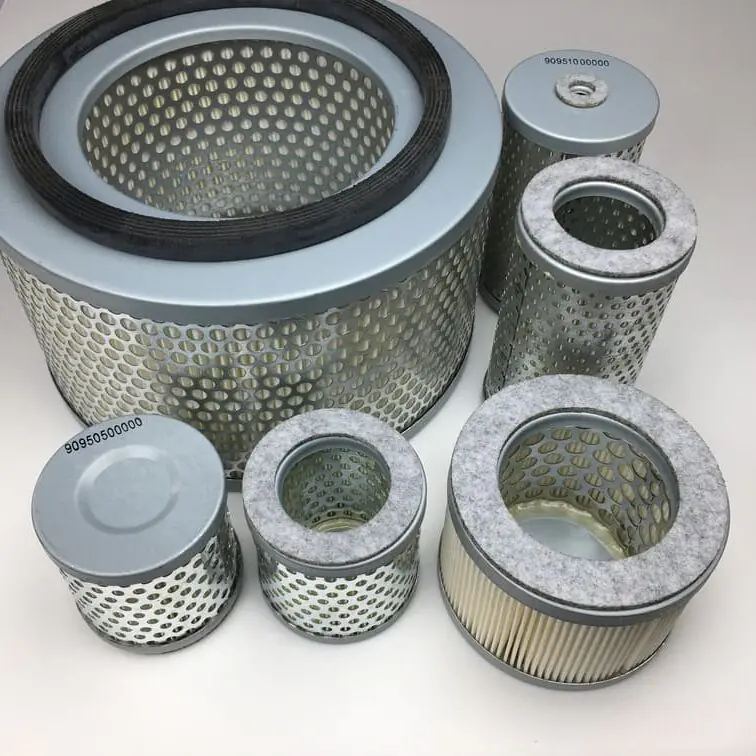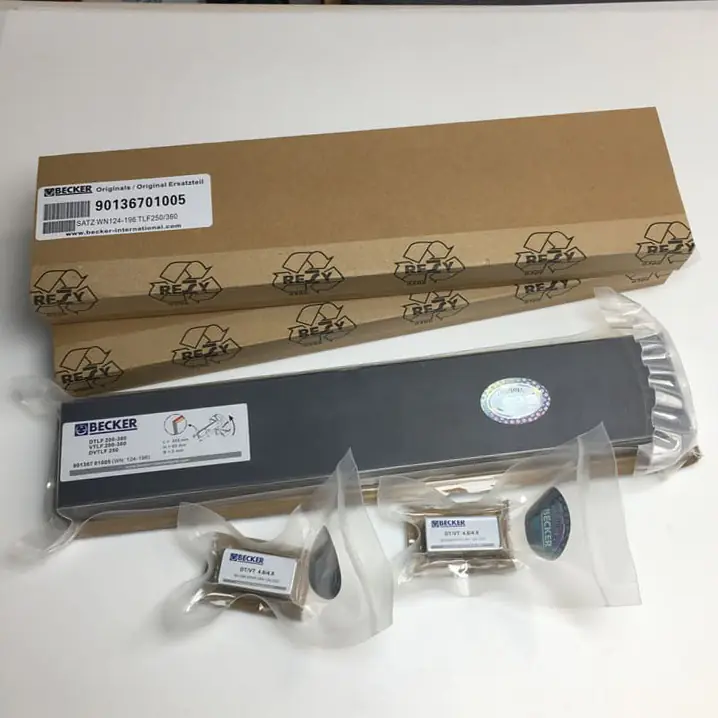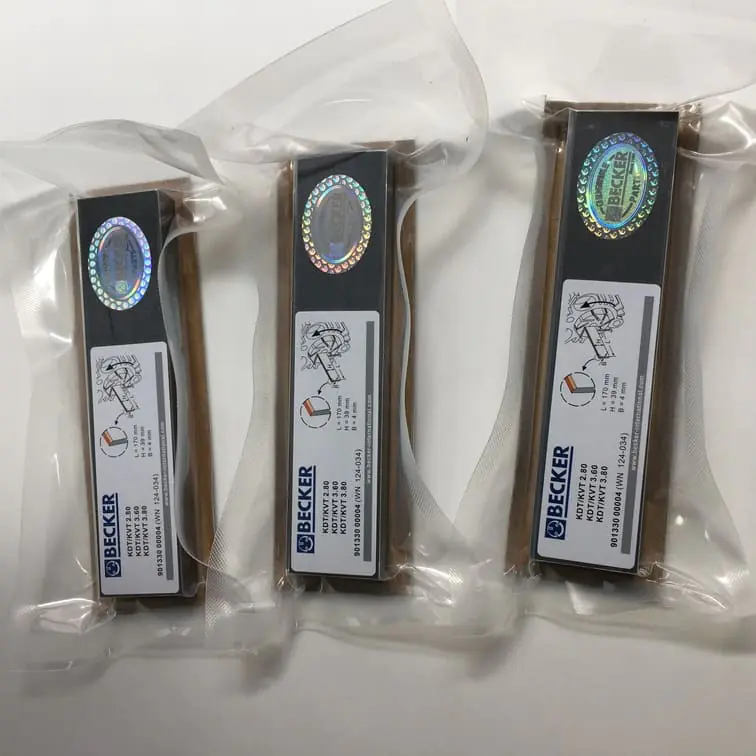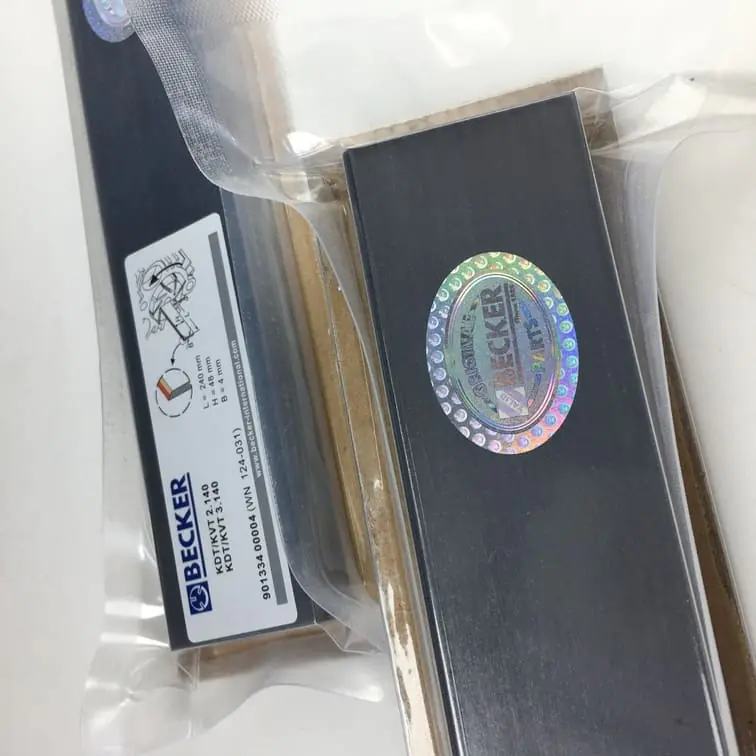How to Vacuum with a 6-Way Pump
Vacuuming your pool is crucial to keep it clean and hygienic. A 6-way pump makes this job easier, as it offers multiple settings that let you maintain and vacuum the pool effectively. In this guide, we’ll take you through the step-by-step process of vacuuming your pool using a 6-way pump, detailing each setting and providing practical advice to help you keep your pool in optimal condition.
Understanding the 6-Way Valve on Your Pump
A 6-way pump valve is designed to manage different functions, which makes pool maintenance more efficient. Understanding the valve’s various settings is key to correctly using your pump for vacuuming.
The Six Main Settings of a 6-Way Pump Valve
Here are the six settings you’ll find on a 6-way pump valve:
- Filter: This is the normal operating setting used for circulating and filtering the pool water.
- Backwash: Used to clean the sand or DE (Diatomaceous Earth) filter by reversing the flow of water to flush out contaminants.
- Rinse: Helps to clear out any remaining dirt in the filter after backwashing.
- Waste: Directs water out of the pool without passing through the filter; perfect for vacuuming large debris.
- Recirculate: Allows water to bypass the filter and return to the pool, useful for certain chemical treatments.
- Closed: Stops water flow altogether, which can be used for maintenance purposes.
“Using the correct setting on your pump can significantly improve the efficiency of your pool cleaning routine.”
Step-by-Step Guide to Vacuum Your Pool Using a 6-Way Pump
When vacuuming your pool with a 6-way pump, it’s important to choose the correct setting based on the condition of your pool. Below is a detailed step-by-step guide to help you vacuum effectively.
Step 1: Gather the Right Equipment
Before you begin vacuuming, gather all the necessary equipment. You will need:
- Vacuum head: Attaches to the telescopic pole and connects to the hose.
- Telescopic Pole: Allows you to reach all parts of the pool.
- Vacuum Hose: Connects the vacuum head to the skimmer or suction port.
- Skimmer Plate: Allows easy connection of the vacuum hose to the pool’s filtration system.
Step 2: Set the Pump to the Appropriate Valve Position
- Filter Setting: Use this setting if your pool is not too dirty and the debris is small enough to be handled by the filter.
- Waste Setting: For pools with large debris or significant algae buildup, use the waste setting. This bypasses the filter, preventing it from clogging up quickly.
Tip: Always ensure the pump is turned off before changing the valve position to avoid damaging the pump or valve.
Step 3: Assemble the Vacuum
- Attach the Vacuum Head: Connect the vacuum head to the telescopic pole and attach the vacuum hose to the head.
- Prime the Hose: Lower the vacuum head into the pool. Hold the other end of the hose against a return jet to fill it with water and remove any air. This prevents air from entering the pump.
- Connect to Skimmer: Once the hose is filled, plug it into the skimmer suction port or skimmer plate.
Step 4: Begin Vacuuming
With the pump running and set to either filter or waste, slowly move the vacuum head across the bottom of the pool.
- Move Slowly: Vacuuming too fast will stir up debris, making it harder to remove.
- Overlap Each Pass: Overlapping helps ensure all debris is picked up, leaving no spot untouched.
Note: If using the waste setting, monitor the water level closely. Water will be expelled quickly, and you may need to add more water during the process.
Advantages of Using a 6-Way Pump for Vacuuming
Using a 6-way valve for vacuuming has several advantages, including:
1. Versatility
The 6-way valve provides versatility by offering different cleaning modes to suit the condition of your pool. For instance, the waste setting is ideal for removing algae without clogging the filter.
2. Efficient Cleaning
The ability to switch between settings means you can achieve more efficient cleaning depending on the debris level. For light debris, use the filter mode to keep the water circulating through the filtration system.
3. Extended Filter Life
Vacuuming with the waste setting prevents large debris from entering and potentially clogging the filter, which extends its lifespan and reduces the need for frequent backwashing.
“Proper use of the 6-way valve can help you maintain a clean pool while extending the life of your filtration system.”
Key Considerations When Using a 6-Way Valve Pump
There are certain key considerations to keep in mind to ensure the safe and effective use of your 6-way valve.
Avoid Switching Valve Settings While the Pump is Running
Changing valve settings while the pump is running can cause serious damage to the valve and filtration system. Always turn off the pump before switching the setting.
Regular Maintenance of the Pump and Filter
Maintaining your pump and filter will improve performance and extend its lifespan. Regularly backwash the filter to remove built-up debris and clean the pump basket to prevent blockages.
Monitor the Water Level
When vacuuming using the waste setting, keep an eye on the water level. Since water is being expelled from the pool, you may need to add more water during the process to ensure the pump doesn’t run dry.
Common Mistakes to Avoid When Using a 6-Way Pump
Using a 6-way pump valve effectively can significantly improve your pool maintenance routine. Here are common mistakes to avoid:
1. Not Priming the Hose Properly
Failing to prime the hose can introduce air into the system, which can reduce suction power or even damage the pump. Always ensure the hose is fully primed before connecting it to the skimmer.
2. Using the Wrong Valve Setting
Using the filter setting when there is significant debris can clog the filter and reduce cleaning efficiency. For larger debris, use the waste setting instead.
3. Switching Valve Settings with the Pump On
As mentioned, changing valve settings while the pump is running can damage the valve or the internal components of the pump. Make sure to always turn off the pump before switching.
Maintaining Your 6-Way Pump for Longevity
Proper maintenance of your 6-way pump is crucial for extending its life and ensuring it continues to perform effectively.
1. Regular Filter Backwashing
Backwashing the filter regularly helps keep it clean and ensures the system maintains adequate flow. The backwash setting should be used when the filter pressure gauge indicates a significant increase in pressure.
2. Lubricating the Valve Gasket
The gasket inside the 6-way valve should be lubricated periodically to ensure smooth operation and to prevent leaks. Use a pool-safe lubricant for this purpose.
3. Inspect the Pump Basket
The pump basket should be checked frequently to remove leaves, twigs, or other debris. Keeping the basket clean helps maintain strong suction and prevents blockages.
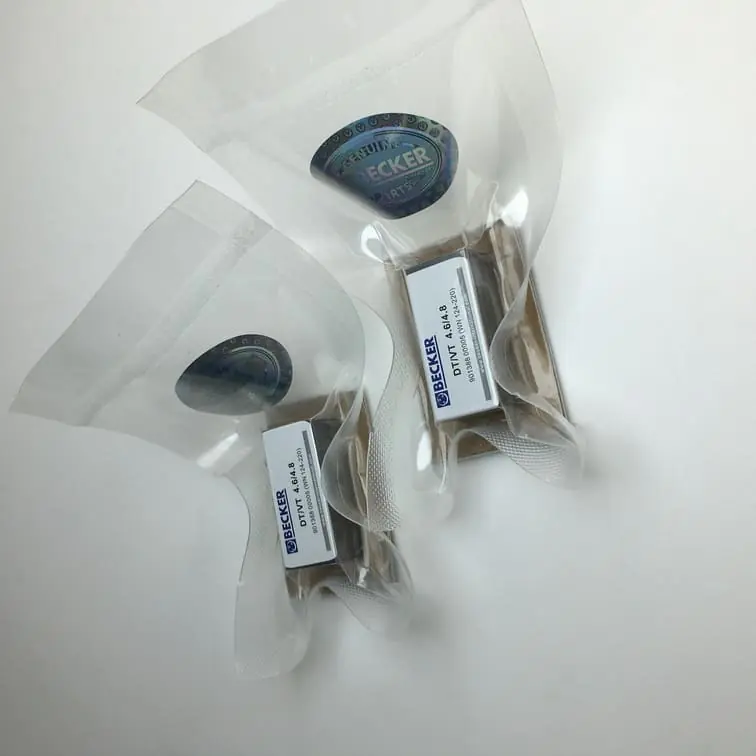
For vacuum pump spare parts and filters, explore our Vacuum Pump Spare Parts Collection for quality components that can help keep your pool systems running smoothly.
Frequently Asked Questions
1. Which valve setting should I use when vacuuming a very dirty pool?
If your pool is very dirty, use the waste setting on your 6-way pump. This bypasses the filter, allowing you to vacuum without clogging it.
2. Can I vacuum my pool while using the filter setting?
Yes, you can vacuum your pool using the filter setting if the debris is light. The filter setting is suitable for regular maintenance and helps keep the water clean.
3. Why is my pump losing suction when I vacuum?
The most common reasons include air in the hose, a full pump basket, or blockages in the line. Ensure the hose is primed properly, and check for any obstructions.
4. Should I turn off my pump when changing valve settings?
Yes, always turn off your pump before changing the valve setting. Changing settings while the pump is running can damage the internal components.
5. How often should I backwash the filter?
You should backwash the filter whenever the pressure gauge shows an increase of 8-10 psi above the normal operating level, or at least every 2-4 weeks during pool season.
Conclusion
Vacuuming your pool with a 6-way pump is an effective way to keep it clean and healthy. By understanding the different valve settings, assembling the vacuum correctly, and following the appropriate techniques, you can maintain a sparkling pool without much hassle. Remember to use the correct setting based on the condition of your pool, and always prioritize safety by turning off the pump before making any changes.
For quality spare parts and accessories to keep your pump functioning efficiently, visit our Vacuum Pump Spare Parts Store. With the right care and maintenance, your pool pump and filtration system will provide years of reliable service, ensuring a clean and refreshing swimming environment for you and your family.

